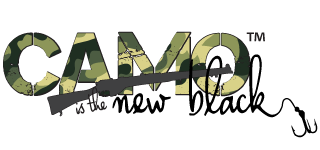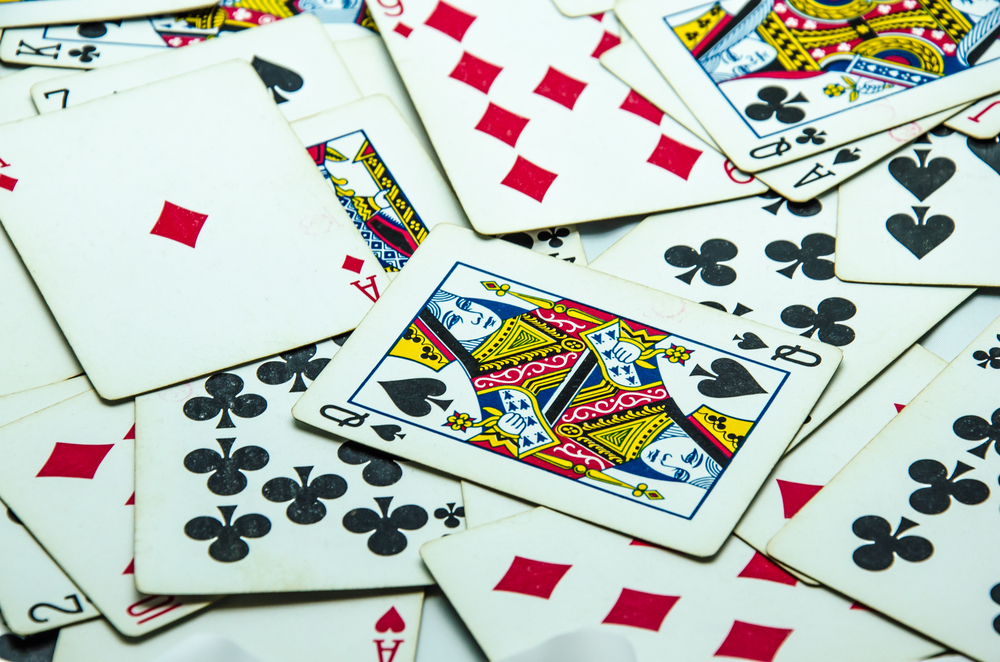
By: Julie McQueen, co-host of Brotherhood Outdoors on Sportsman Channel.
I meet a lot of people because of my job. Many of them wonder how I came to have this career, and some people even question my abilities to succeed at it. I am a hunter, a television personality, and a producer of outdoor television. With all of that being said, I’m also a woman who used to work as a fashion model. I keep up my appearance; therefore some people have a difficult time believing that I can document the harvesting of animals for a living.
I had a job previously that shocked people even more than this one did in the beginning. I worked as a professional poker player, and I succeeded at it.
Watching poker on television may give you a false impression of the lifestyle that it actually comes with. It’s not always lights, big money, and people cheering from the sidelines.
So, generally speaking, it’s very similar to what I do in the hunting industry.
In poker my job was to sit at a table with other people and play the cards that were dealt to me. Sometimes I played the player instead of the cards. Like any other poker player, I had to perfect my bluff. But most of the time I would look at my cards and decide how much I would invest in them, and then how much I could believe in them as we went throughout the game. Sometimes I would fold, other times I would push every bit of money I had into the center of the table because I believed in the cards. Or, sometimes, I simply believed in myself over my  opponent.
opponent.
You’ll see the parallel between the two when I explain my theory. I understood my game of poker like people do when they spend hundreds of hours devoted to something. This is also how I feel connected to nature and hunting.
If I have a bow in my hand, but my prey is too far out of range, what do I do? Can I bluff them into coming in closer? Can I assume that they will feel confident enough to stroll in on their own? Or do I push all of my chips in and make a move on them?
The similarity between the two lies in the opponent. You have to know whom you are battling, what you are up against, and what history tells you that they will do. When I played poker I would keep notes on people I played against. If someone had a “tell” I would find it. For example, some people breathe heavier when they are nervous or excited. In the game of poker, being nervous is very different from being excited, so sometimes I would pay the price to find out which one it was. The next time I went up against that person I would know how to read their body language.
In hunting I have to study my prey. I have to know if a deer is flicking its tail because it’s comfortable or if it’s because it’s trying to identify something. When a turkey suddenly halts its progress towards me in the spring, I need to know if it’s because a fence got in the way and it’s simply shy, or if it doesn’t believe that I’m a hen calling to him. All of these things are worthy of taking notes. And, once again, sometimes I have to pay a price to see if I’m right or wrong about what they were feeling.
Just as I would write down my opponents every move and breathing pattern in poker, I have taken the same approach to hunting. I study my prey, I get to know them, and then I make decisions based on what I feel.
I have my moments of defeat. There were times when I knew that I’d been beat at the poker table. My cards were no good, my money had run out, and I had to walk away. Any hunter will know that same feeling. The feeling of defeat, eating your tag, walking away from what you love empty handed but full of passion and determination to do better next time. That’s the feeling that brings us closer to nature, and closer to our true selves.
Playing poker and hunting for a living are more similar than you might think at first. I’m working in a male dominated industry, spending long hours studying my game, and I lose sometimes against opponents that I’ve been studying for years. Even when I hold good cards in my hand and everything seems to be in my favor, sometimes I lose the game. But I always walk away feeling a sense of accomplishment and pride because I’ve put the hours in, and I know who I’m up against. If my opponents were easy to defeat then I wouldn’t have spent years working on my skills. But, in the end, winning the game isn’t what I’m here for. I’m here to enjoy every second that I’m allowed to play the game. And I’ll likely push all of my money to the center of the table on a regular basis, because that’s how I’ve come this far.
To learn more about Julie, find her at http://facebook.com/JulieMcqueen on Instagram at http://instagram.com/julesmcqueen and her blog, http://julesmcqueen.com Tune in to Brotherhood Outdoors on Sportsman Channel Sundays at 11 a.m. and Mondays at 4:30 p.m. ET
This is Julie’s second guest post on Camo is the New Black, check out her first post here.





Leave a reply